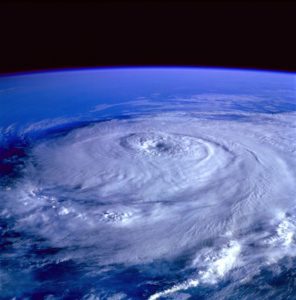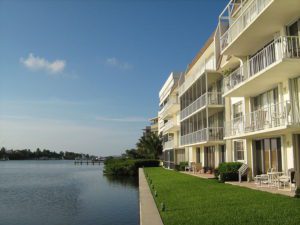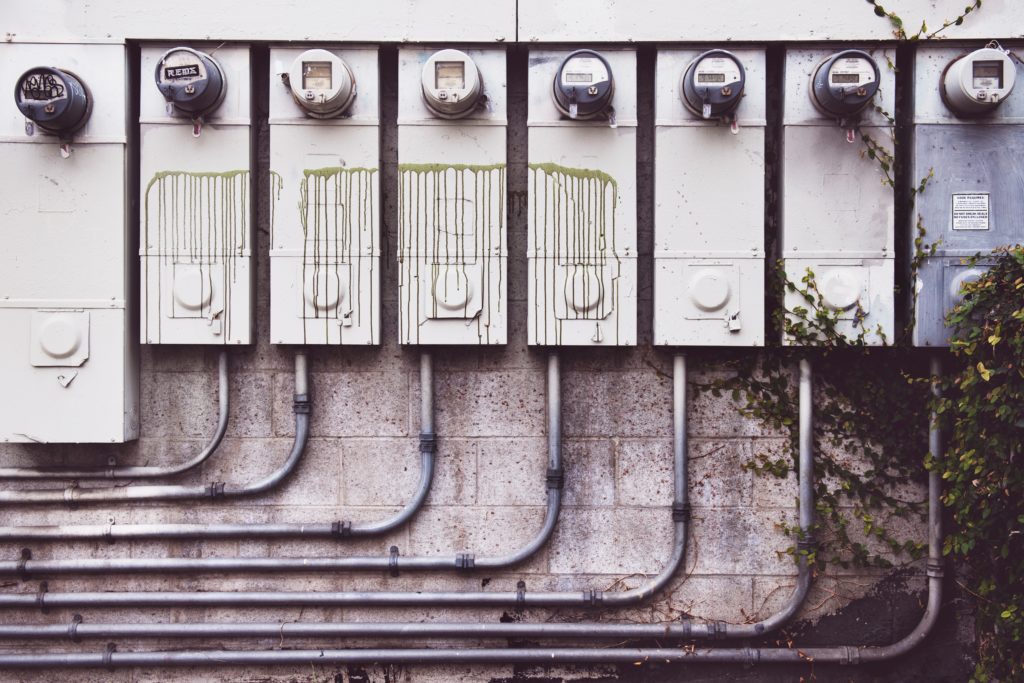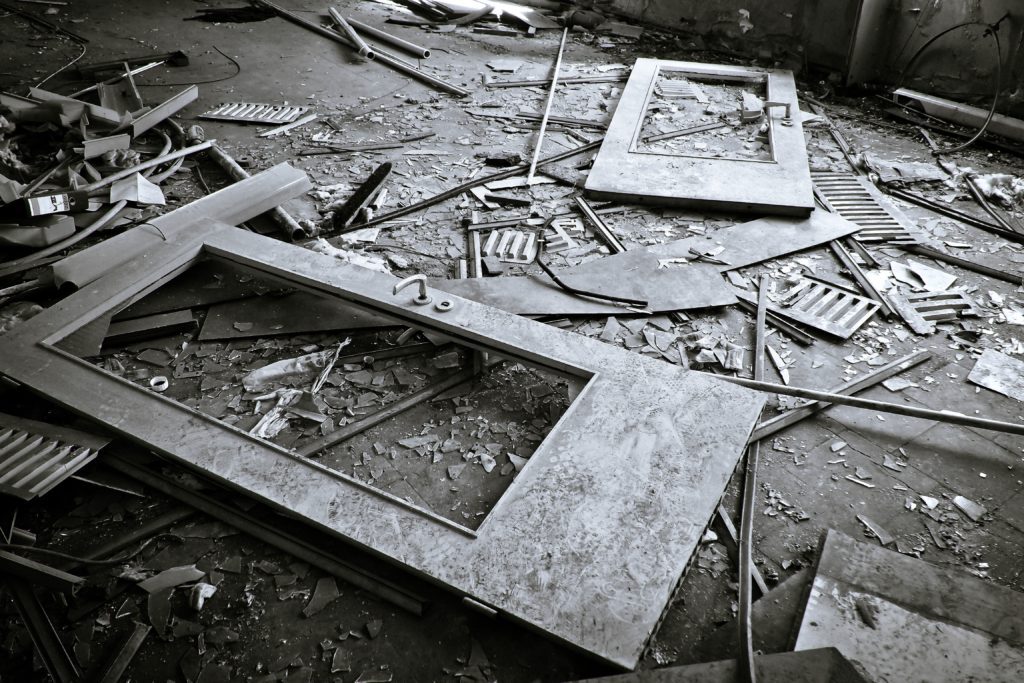Community Association Hurricane Season Preparedness: What to do Before a Hurricane Hits Your Association
Reading Time: 7 minutes
Another Florida hurricane season kicks off on the first of June. Is your community association prepared? Many condominium associations around the State are still recovering from a lack of hurricane preparedness before last year’s season. Do not let this happen to your community association this year! Understand your emergency powers by reviewing this best practice checklist of items to complete before a hurricane hits.
Insurance Policy Review:
- The board of directors and manager must understand the association’s insurance coverage, deductibles, exclusions and proof of loss requirements. Thoroughly review the association’s insurance policies in advance with the association’s insurance agent.
- The association should also encourage all owners to obtain their own individual homeowners policies (HO-6 policies) to cover the items that owners are responsible for pursuant to Section 718.111(11), Florida Statutes. Pursuant to the above-cited statute, owners are responsible for repairing the following: personal property; floor, wall and ceiling coverings; electrical fixtures; appliances; water heaters; water filters; built-in cabinets and counter tops; window treatments, including curtains, drapes, and blinds. You could end up without any interior furnishings once the building envelope is repaired from damage, if you are lacking necessary hurricane coverage.
Complete Those Lingering Common Element Repair Needs:
- If you are aware of common element leaks around the property involving items such as roofs, windows, and pipes, have those items repaired immediately. Existing damage to common element items that are exacerbated during a storm will only increase repair costs and the association’s ultimate liability.
- The association should have all windows inspected prior to a storm to identify and repair any weaknesses in the frames, seals, caulking or windows themselves.
- Trim the trees while having all dying trees and plants removed.
- Remove all debris from the association property that could cause damage during a high-wind storm.
Update all Community Association Contact Information:
- The association should make every effort to obtain current contact information (telephone numbers, email addresses, alternate physical addresses) from its members, directors, officers, employees, and managers.
- All association computer hard drives should be backed up as well.
Assistance for Members with Disabilities:
- Please be mindful of any members with disabilities. Compile and provide a list of services in your area to such members well in advance of a storm.
Snow Birds:
- Chalk it up to Murphy’s Law, but hurricane damage always seems to occur in units where the owners have moved away for the summer. An association should consider implementing a new rule in its formal rules and regulations to address this situation. Consider the following:
- “A unit owner or occupant who plans to be absent during all or any portion of the hurricane season must prepare his or her unit prior to departure by designating a responsible firm or individual to care for his or her unit should a hurricane threaten the unit or should the unit suffer hurricane damage and must furnish the association with the name and contact information for such firm or individual.”
- Associations should have keys to all units for emergency access, but this is especially true for owners who do not permanently reside on the association property and leave their units vacant during hurricane season. This should also be a rule within the association’s formal rules and regulations.
- Remove unsecured objects on balconies, porches, patios and lanais prior to owners vacating their units for the summer.
Update Videos and Photographs of Association Property:
- Have updated pictures and videos of all association real property and personal property in the event a claim needs to be filed. These pictures and videos should include a date stamp to avoid the insurance company disputing the accuracy of such records. The board and manager should maintain copies of the videos and photos electronically.
- Create a survey / site plan that depicts the locations of circuit breakers, water shut-off valves, gas lines, generators, pool pumps, lift stations, HVAC, etc.
Vendor Lists:
- The association should maintain a vendor list for services that will be most important during the aftermath of a hurricane.
- Secure vendors as soon as possible for items such as debris removal, tree cutting, window replacement and mold/fungus remediation.
Official Records Storage:
- Locate physical copies of all official records in an area that is safe from hurricane damage and flood waters. Place the records in watertight storage containers.
- Preserve the association’s official records in an electronic format. Save copies of these files in multiple areas such as the manager’s office, association’s office, and in the cloud.
Evacuation Plan:
- Ensure the association has an updated evacuation plan so that all residents understand their evacuation zones and routes. Deliver the plan to all residents and post on the association’s website well ahead of any hurricane threat.
Disable Gates and Elevators:
- Unlock entrance gates and/or doors so residents can enter and exit the association property as needed. Remove front gate arms. After resident evacuation, disable elevators on a middle floor to avoid flooding from the ground floor or leaks from the roof.
Hurricane Shutters and Boarding Windows:
- Installed hurricane shutters are the best protection. The association should make every effort to encourage owners to install hurricane shutters on their units.
- The association should ensure plans are in place to at least to have all common area windows boarded in lieu of hurricane shutters.
Maintain Printed Materials In Case of Power Outage:
- The association must prepare as if the power will be out for several days or more. Storing necessary information only on electronic devices does no good. Contact lists, vender lists, insurance policies, emergency services information, evacuation plans, and other important documents should be printed and maintained by a designated board member.
Emergency Lighting:
- The association should inspect all emergency lighting and replace bulbs and install fresh batteries where needed.
Fire Safety Equipment:
- Inspect all fire extinguishers, fire alarms, smoke detectors, other emergency alarms / equipment and replace as needed.
Emergency Funds:
- The association should meet with its financial institution for an emergency line of credit in case it’s needed after a hurricane.
Understand the Board’s Statutory Emergency Powers:
- In response to damage from a declared state of emergency where the association is located, an association’s board is able to exercise certain emergency powers contained in Section 718.1265, Florida Statutes. A few of these powers include:
- Cancel and reschedule any association meetings and provide notice as is practicable;
- Relocate the association’s principal office;
- Enter into agreements with local counties and municipalities to assist with debris removal;
- Implement a disaster plan, which may include shutting down or off elevators, electricity, water, sewer, security systems or air conditioners;
- With help of emergency management officials, determine any portion of the association property unavailable for entry or occupancy;
- Levy special assessments without a vote of the owners.
Condominium Association and Community Board Conclusions Before Hurricane Season
There is no better time than now for community association board members and managers to begin hurricane preparations. Board members and managers throughout Florida can say from experience that an ounce of prevention is worth a pound of cure. Association professionals should contact their insurance agent, attorney, lender, maintenance vendors and other valuable resources to prepare for this upcoming hurricane season.










